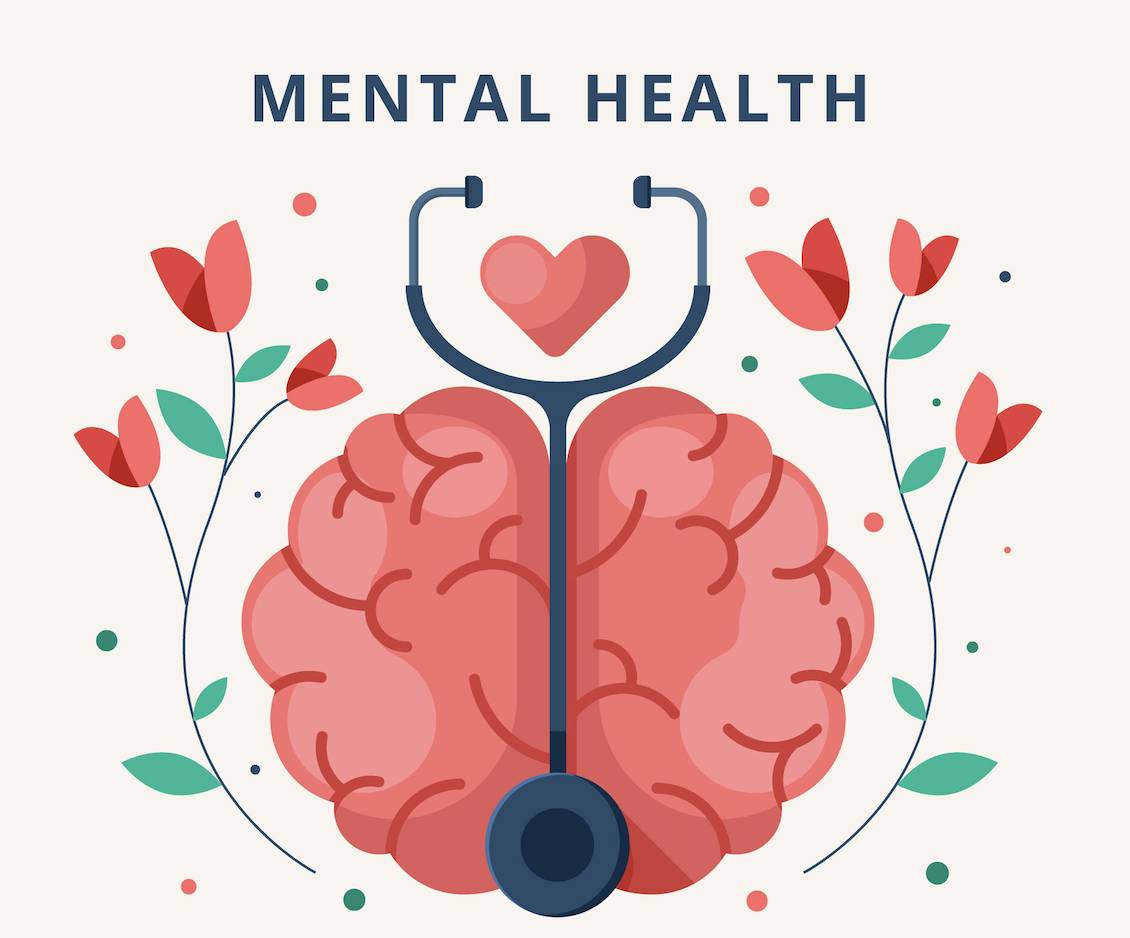NURTURING CONNECTIONS: THE INTERPLAY OF MENTAL HEALTH AND RELATIONSHIPS
Introduction
Mental health and relationships are two intertwined aspects of human existence that significantly impact one another. As social beings, our connections with others play a vital role in shaping our mental well-being, and in turn, our mental health influences the quality of our relationships. This delicate dance between the two can either strengthen or strain bonds, making it crucial to recognize and address the importance of mental health in fostering healthy and fulfilling relationships.
The Link between Mental Health and Relationships
Healthy relationships act as a protective shield against mental health challenges, providing emotional support and a sense of belonging. Conversely, individuals facing mental health issues may experience difficulty in forming and maintaining meaningful connections due to feelings of isolation, low self-esteem, or social anxiety. Therefore, understanding the relationship between mental health and relationships is essential to promote overall well-being.
Communication and Empathy
Effective communication is the bedrock of any successful relationship, and mental health plays a crucial role in how individuals express themselves and comprehend others' emotions. When someone struggles with mental health, their ability to communicate effectively may be hindered. They might find it challenging to articulate their feelings, leading to misunderstandings and conflicts within relationships.
Empathy, the ability to understand and share the feelings of another, is also closely tied to mental health. A person experiencing emotional distress may find it difficult to empathize with their partner's perspective, leading to emotional disconnection. Conversely, a partner who demonstrates empathy can provide invaluable support, encouraging the other person to seek help and navigate through their challenges together.
Building Trust and Vulnerability
Trust is the foundation of strong relationships, and mental health issues can significantly impact one's ability to trust and be vulnerable with others. Past traumas or untreated mental health conditions may lead to feelings of unworthiness or a fear of rejection, making it difficult for individuals to open up and share their thoughts and emotions.
For a relationship to thrive, it is vital for both partners to create a safe and non-judgmental space where vulnerability is welcomed. This requires understanding and supporting each other through the ups and downs of mental health challenges, allowing both individuals to grow together.
Coping with Stress and Conflict:
Life inevitably brings stress and challenges, and the ability to cope with them is essential in any relationship. Mental health impacts an individual's resilience and coping mechanisms, influencing how they handle stress and conflict within their partnerships.
Couples who can navigate through difficulties as a team tend to have stronger relationships. If one or both partners struggle with mental health, learning healthy coping strategies together can foster mutual support and strengthen their bond during challenging times.
Seeking Professional Help:
Acknowledging and addressing mental health issues in relationships is a sign of strength and commitment to the well-being of both individuals. Sometimes, professional help, such as counseling or therapy, is necessary to work through emotional challenges and improve communication.
Couples therapy can provide a safe environment for partners to explore their feelings, fears, and hopes for the relationship. A trained therapist can offer guidance and tools to enhance communication, empathy, and coping skills, helping couples rebuild and reinforce their connection.
Conclusion
Mental health and relationships share a profound connection that shapes the overall well-being of individuals and couples alike. By fostering open communication, empathy, trust, vulnerability, and healthy coping mechanisms, couples can create a supportive and loving environment that allows them to thrive together, even in the face of mental health challenges. Recognizing the importance of mental health in relationships and seeking professional help when needed can lead to a deeper understanding of each other and a more fulfilling and enduring bond. Remember, building a strong foundation of mental well-being within ourselves is the first step to nurturing meaningful and lasting connections with others.




No comments yet
Be the first to share your thoughts!